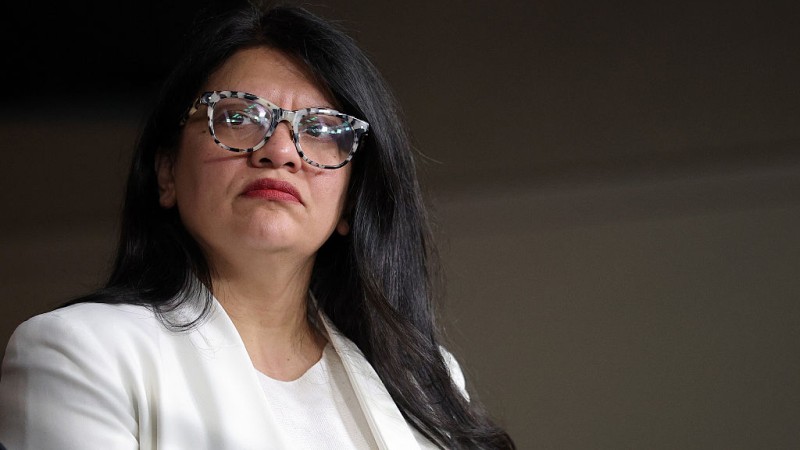
Strict migration rules and rollback of Green Deal policies included in coalition program.
After nearly six months of negotiations, four Dutch right-wing parties (PVV, VVD, NSC, and BBB) have finally presented their coalition deal, outlining their program of government. The Netherlands’ asylum policy in particular will be a top priority. According to national conservative PVV leader Geert Wilders, the Netherlands will adopt one of the strictest asylum policies ever.
In response to the news of the successfully formed coalition government, the European Greens came out with a press release titled “A shocking betrayal of liberal and democratic values” in which they decried “the decision of Liberals and Conservatives to collaborate with the Far Right [Geert Wilders’ PVV] in the new government of the Netherlands.”
During a press conference, Wilders promised that “the sun is going to shine again in the Netherlands” and that a lot would change.
De zon gaat weer schijnen in Nederland ❤️ pic.twitter.com/11F5DXeUea
— Geert Wilders (@geertwilderspvv) May 16, 2024
To address the migrant crisis facing the Netherlands—already one of the most densely populated countries in Europe—Wilders pledged that an asylum crisis law would be submitted.
Given that immigration is a drain on housing, care, education, financial resources, and social cohesion, the document emphasizes that “limiting the scale of and getting a grip on all types of migration to the Netherlands, as soon as possible, is necessary, for now and for the longer term.”
“Concrete steps are being taken to get to the strictest regime for asylum admissions and the most comprehensive package for controlling migration ever,” the document adds.
As part of this, the controversial law that allows asylum seekers to be distributed among municipalities according to their wealth and population figures will be repealed.
Dilan Yesilgöz, leader of the establishment VVD party, of which outgoing PM Mark Rütte is a member, emphasized that since voters have expressed a preference for a center-right government, her party is shouldering its responsibility to make for a “stable and safe Netherlands.”
She said security, in the Netherlands and abroad, would be a top priority, stressing that the new cabinet would continue supporting Ukraine and that “sensible climate measures” would be passed.
Meanwhile, Pieter Omtzigt, leader of the upstart NSC party, spoke of a “special day,” since “four quite different parties would be constituting an extra-parliamentary cabinet.”
Omtzigt said voters had given a clear signal about what issues need to be resolved. Among other things, he pointed out that the cabinet wants to work on improving the lot of the many Dutch people facing low or inadequate wages and lack of housing.
Caroline Van der Plas of the populist farmers’ party (BBB) voiced “extreme happiness” over the fact that all four parties “made it over the finish line.” While they are all “very different”, she pointed out they “had been able to meet each other halfway.”
In good news for livestock farmers, Van der Plas stressed that the new coalition will not go ahead with the current government’s policy of the forced culling of livestock (in order to curb methane emissions), nor with the mandatory expropriation of farmland—both issues that ignited the first farm protests which then spread across Europe.
Desperate Deep State May Assassinate American Journalists, Jack Posobiec Warns



